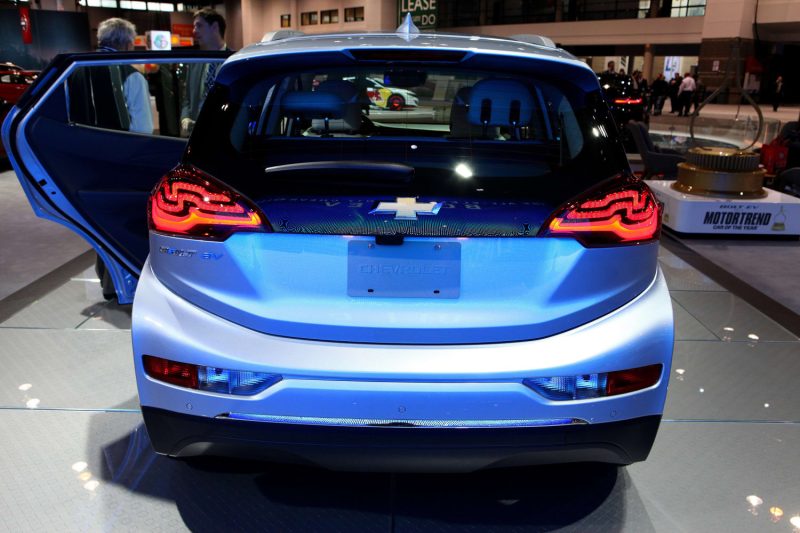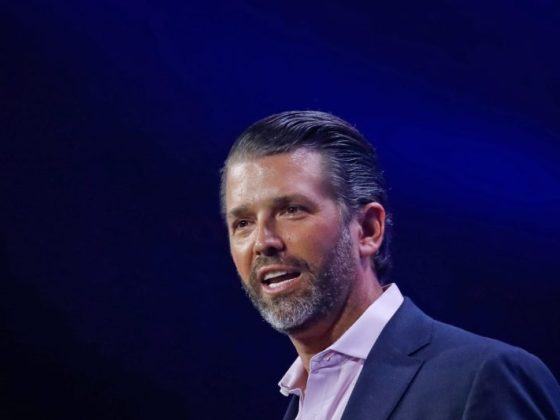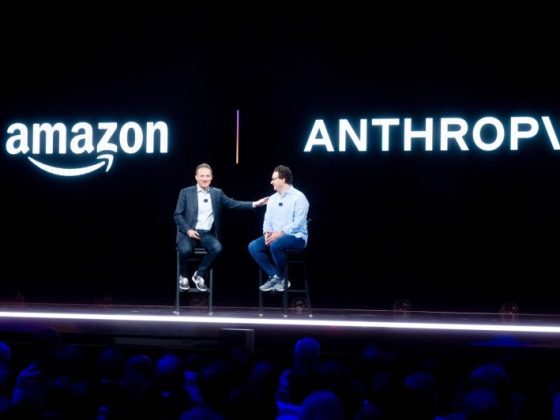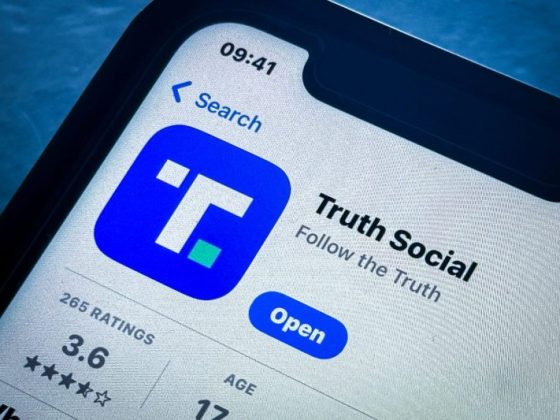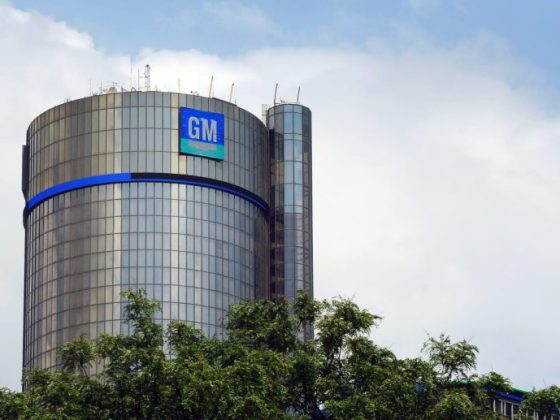Chevy Bolt, General Motors’ marquee all-electic vehicle, has recently been under the spotlight, not for its advanced innovation or remarkable autonomy, but for a controversy surrounding its lithium-ion batteries. A settlement agreement was reached for a class-action lawsuit filed by Bolt owners, resulting in a sizable compensation for the vehicle owners affected by the faulty batteries. As announced, Chevy Bolt owners are set to receive settlement checks following the successful resolution of the lawsuit.
The class-action lawsuit was filed by a group of Chevy Bolt owners, alleging that the lithium-ion battery packs presented in the vehicles were defective, causing a dramatic reduction in range and performance over the lifetime of the vehicle. These issues reportedly led to diminished value of the vehicles, frustrating the owners who originally bought these electric vehicles banking on their advertised mileage and durability.
Under the terms of the lawsuit filed, it was highlighted that the batteries exhibited issues after a certain amount of mileage use. The exact issues vary, but mostly consisted of a severe drop in the estimated distance the cars could travel on a full charge. Such a drop was drastic enough to cause a significant negative impact on the functionality and desirability of the vehicles, decreasing their usability for long-distance driving and decreasing their resale value.
The lodged complaint and subsequent class-action suit caught the attention of General Motors, the parent company of Chevy. Following a thorough investigation and verification of the battery issues, the company conceded on making amends for the mistake as part of its commitment to quality and customer satisfaction. As a result, a settlement agreement was finalized and consumers who purchased or leased Chevy Bolts with faulty batteries are eligible for compensation in the form of settlement checks.
The settlement compensation is a significant win not just for Chevy Bolt owners but for all consumers of electric vehicles. It sets an important precedent for automobile manufacturers to ensure the quality, safety, and functionality of their products, specifically those utilizing emerging technologies such as lithium-ion batteries. The outcome of the lawsuit emphasizes the importance of consumer rights, and that faulty products or false advertisement claims will not be tolerated.
Under the agreement, all Chevy Bolt owners, who experienced reduced range or depreciation value of their vehicles due to faulty batteries, are eligible to receive a settlement. This reimbursement will not only cover the diminution in vehicle value but is also aimed to remedy any inconveniences caused to the customers. The exact amount of each individual settlement depends on a variety of factors, such as the extent of the battery’s performance loss, mileage, and the time period of vehicle ownership.
Notably, this settlement decision also makes a strong statement in an auto industry that is increasingly pushing for electric vehicles. It sends a message that companies must ensure their electric vehicles deliver on range and performance promises. This settlement could indeed act as a deterrent to other automakers, making them recognize the need to extensively test their vehicles to ensure battery longevity and performance.
The ongoing transition towards electric mobility puts a spotlight on manufacturers, demanding greater scrutiny and reliability in their products. The Chevy Bolt battery settlement acts as a reminder of this responsibility. Therefore, this successful class-action suit and the ensuing settlement may very well become a bit of a landmark in consumer rights history, and a signal towards higher integrity and transparency in the automobile industry.

